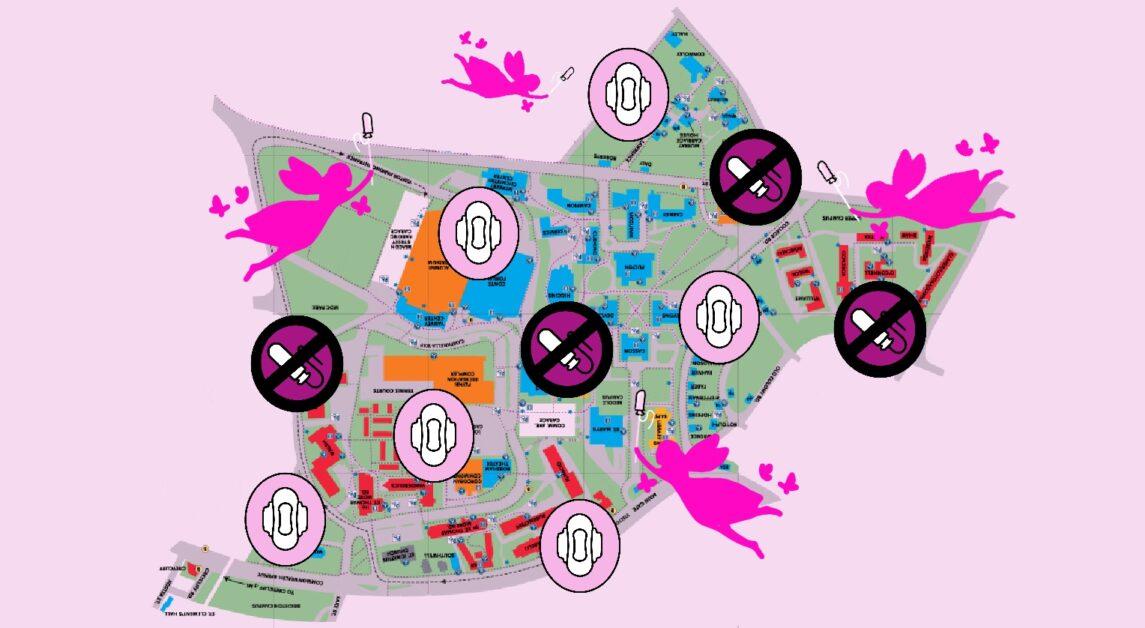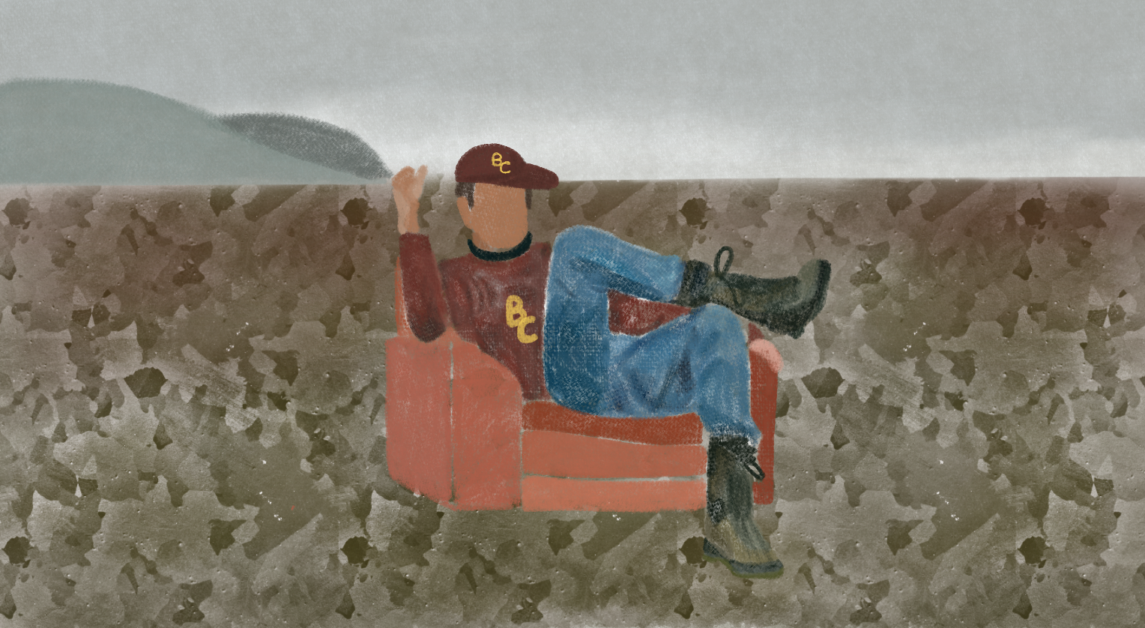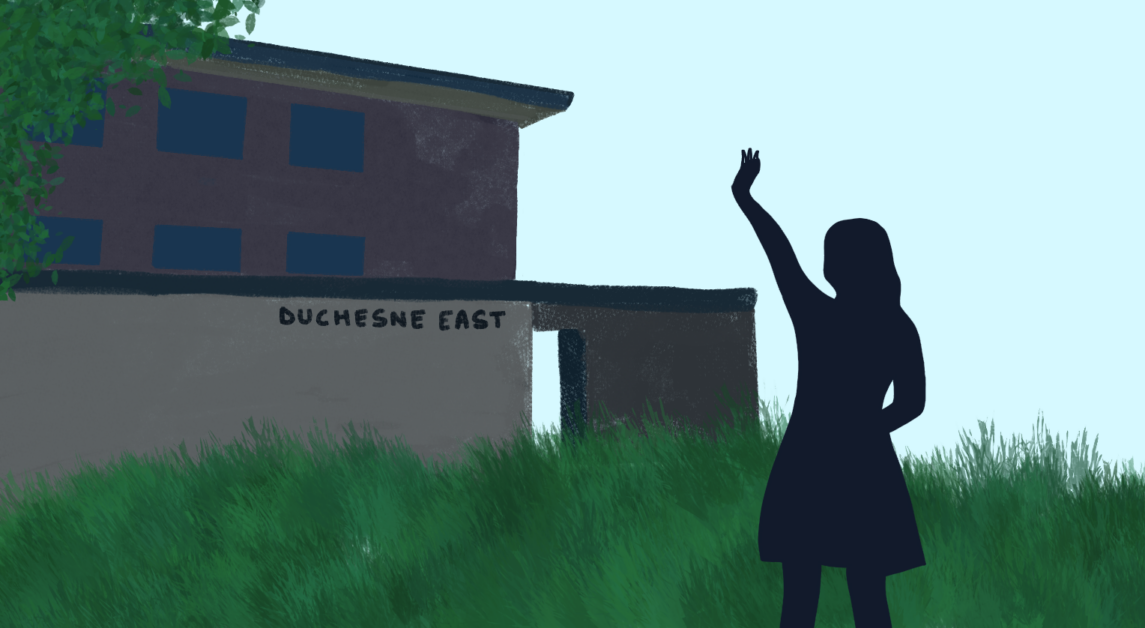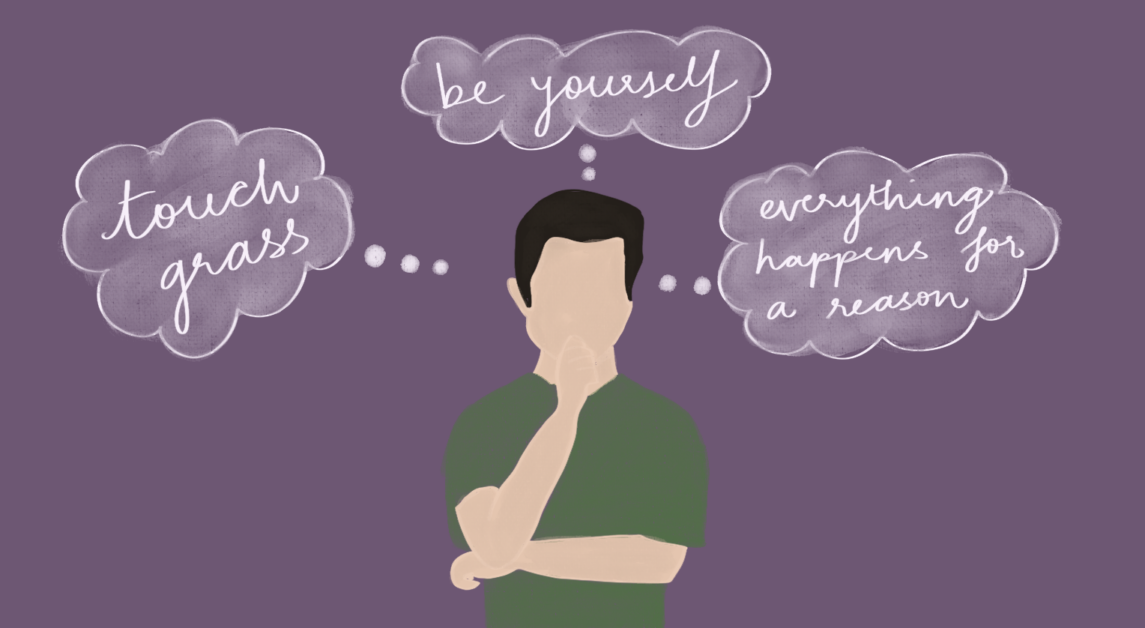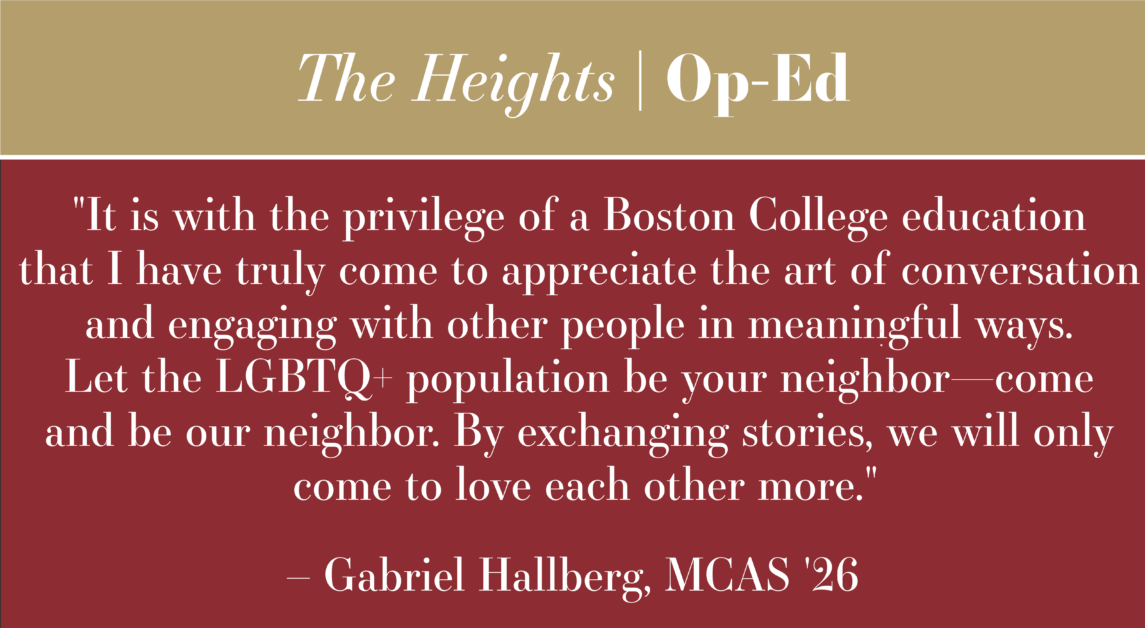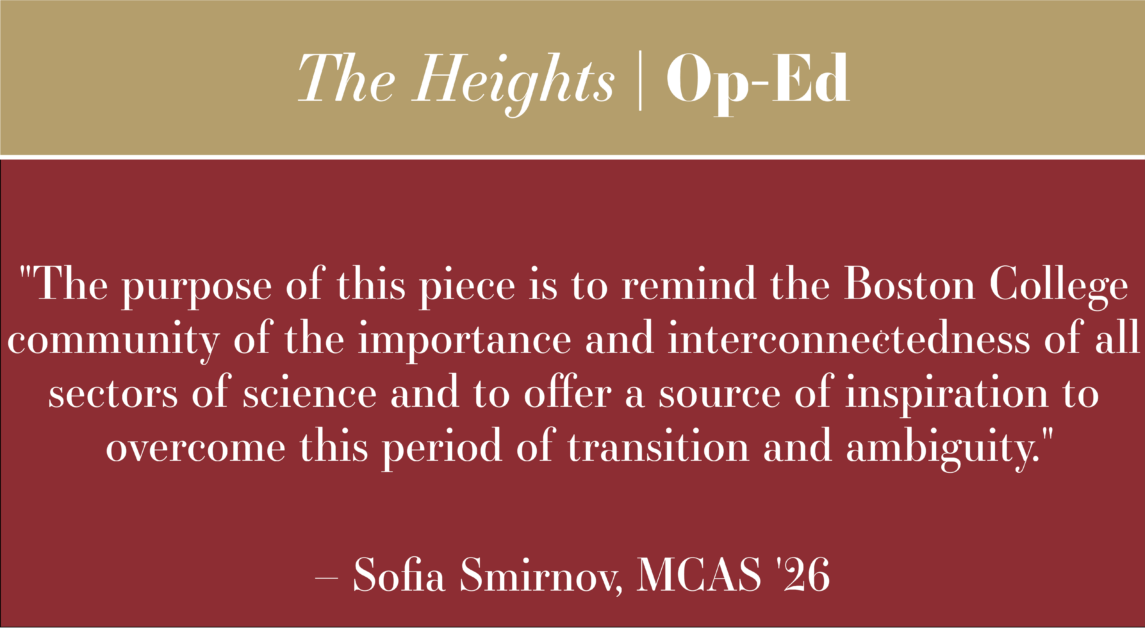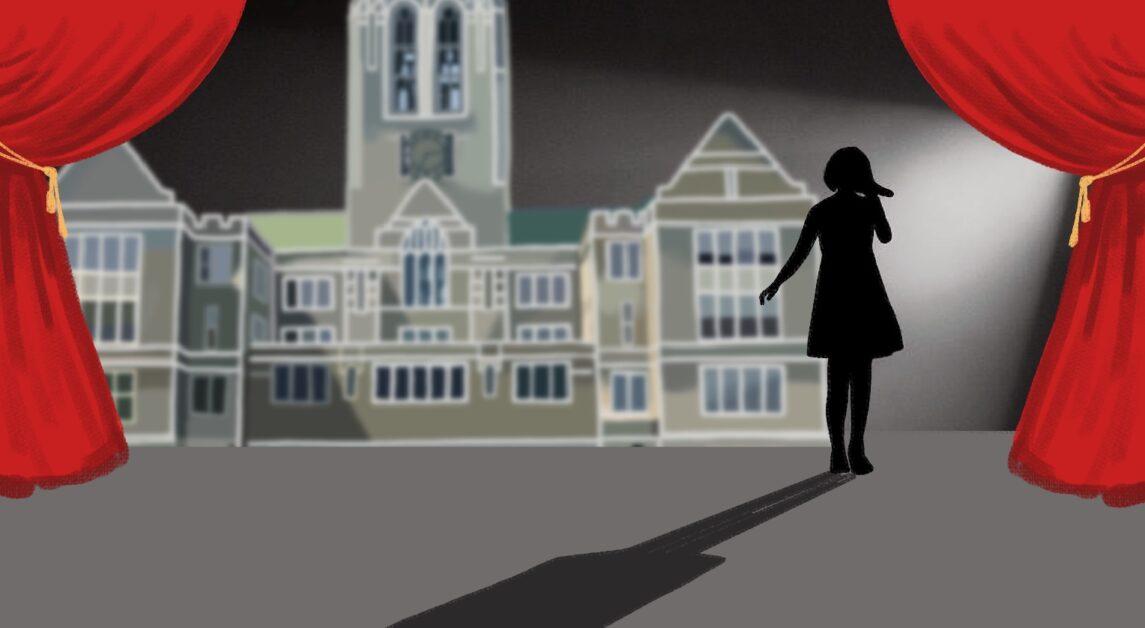“I’ve spent four years here and haven’t made any real friends;” “None of my friends care about me;” “My friends are going to forget about me after I graduate”—all tearful confessions from seniors who have started their last semester at school. Since I am a junior, I can only nod my head and act supportive, left to question my own relationships.
Parts of BC, from our poor housing system to our competitive personalities, make students doubt the strength of their friendships. I love my friends, and I assume that I’ll share lifelong relationships with them. Yet after listening to different seniors, I became less confident in my friendships, and I couldn’t help but wonder how I’ll feel a year from now.
College is strange because our first relationships are determined by a computer program—one that put me on the fourth floor of Gonzaga with two complete strangers. This randomization, paired with BC’s general “Who do you know here?” exclusivity, makes it difficult for freshmen to branch out. You spend freshman year with friendships formed out of convenience, hating the fact that you don’t have close relationships like you did in high school. Some kids transfer, but most of us just go with it.
Then it comes time for housing, when students have to verbally express who their closest seven friends are, then five and then three (if you end up on CoRo like I did). There’s nothing more disheartening than having to be told you fit in less or are the “most expendable.” The only thing worse is getting removed from a group. Especially when eight-man’s are so coveted, we create this culture in which you need to belong to a group—it becomes the core of your social status. The housing process makes students desperate to find a group and cling to it. We might even openly dislike some of the kids in the group, but that doesn’t seem to matter—all that matters is actually having a group.
We make sure we have a group and then commit a year of our lives to living with it. Unfortunately, it doesn’t end after freshman year. At the start of sophomore year, the off-campus frenzy forces students to find a house or apartment almost immediately (I found my house within the first two weeks). But who are you going to live with? Another year committed, this time with a lease. At this point, living with this group is routine, and senior year won’t change the status quo.
So as I listen to these seniors, I can’t help but worry about my friendships. I wonder if I’ve merely found a group and stuck with it because that was the safe or easy choice. Again, I love my friends, but not even that recognition can stop the paranoia, the fear that I belong to the group because it’s convenient.
Then there was the funeral. When one of my friend’s family members passed away, the entire group left Boston to show support. It sounds cliche, and it is, but there was a liberating moment in loss. It gave us the opportunity to be vulnerable with one another—a certain unwritten license that let us cry together and say things like “I love you man.” I began to understand more and more why seniors felt this level of insecurity. Sure, it was partially because of the housing system, but the issue goes much deeper. It centers on the idea of vulnerability.
Imagine your high school friends. Many of us still cherish those relationships. Even though we might not see these friends every day, we still consider them some of our closest companions. High school was a formative time, and we had to confide in these friends, and share information on our hopes, dreams, and changing emotions. It generated an undeniable sense of trust. We created a space of openness where we recognized that our individuality was accepted and appreciated.
Yet, while it’s still a formative experience, college presents a different atmosphere. People are older, everyone talks about the “real world” and we have to put on the facade of certainty—act like we know what we want from life. But the same conversations, the ones of hopes, dreams, and changing emotions, are still there. It’s only in college that we are expected to be more reserved, to keep our problems to ourselves. With these expectations, how can we possibly be vulnerable? Our relationships suffer because they lack this depth. We may live with someone for four years, but that doesn’t mean we are best friends. The strength of relationships is not defined by their longevity, but by their content.
We need this vulnerability. We need to be open with our friends. We can’t wait until the funeral to finally realize that it’s okay to say, “I love you.” I feel horribly for these seniors. I can’t imagine leaving school feeling friendless. Outside of the education, college friendships are perhaps the greatest reward to the experience. We need to intentionally be open with our friends. Let’s take moments, whether they are birthdays, holidays, or Mondays, to actually tell our friends that we care. And if you don’t feel that way, then maybe it’s time to find a new group before it’s too late.
Featured Image by John Wiley / Heights Staff



